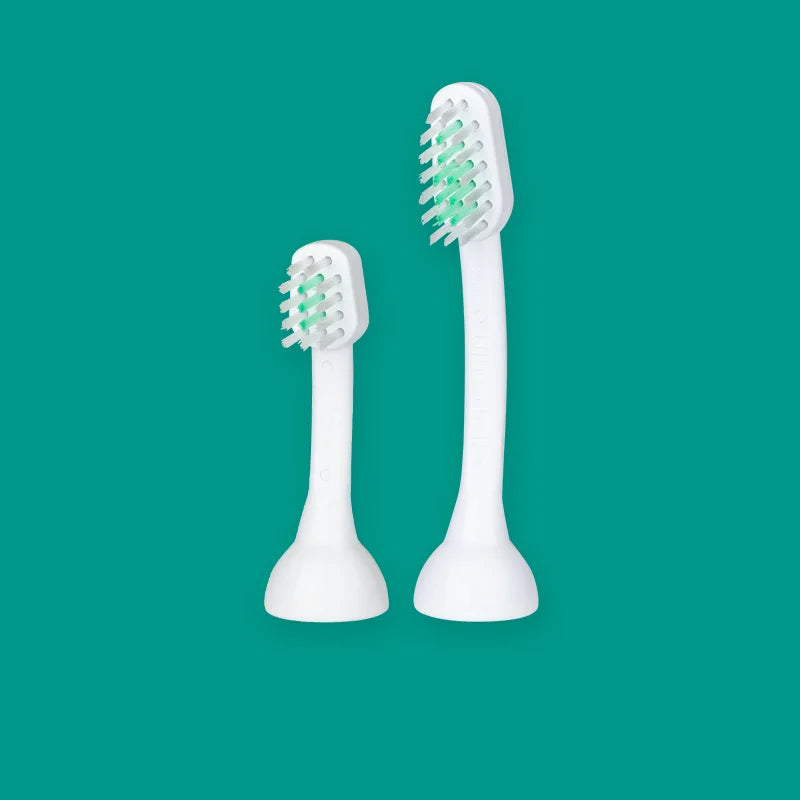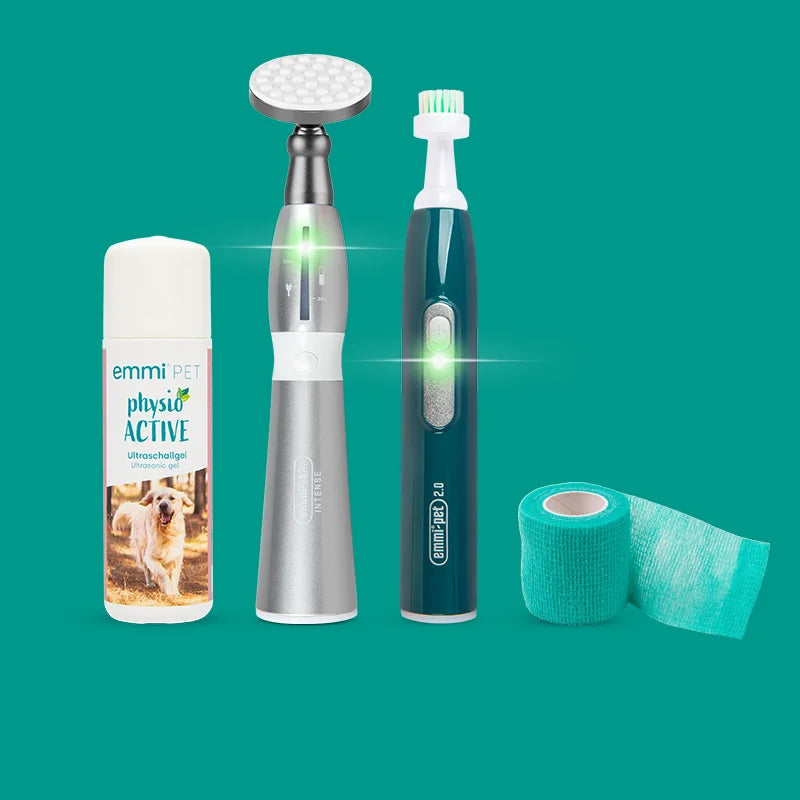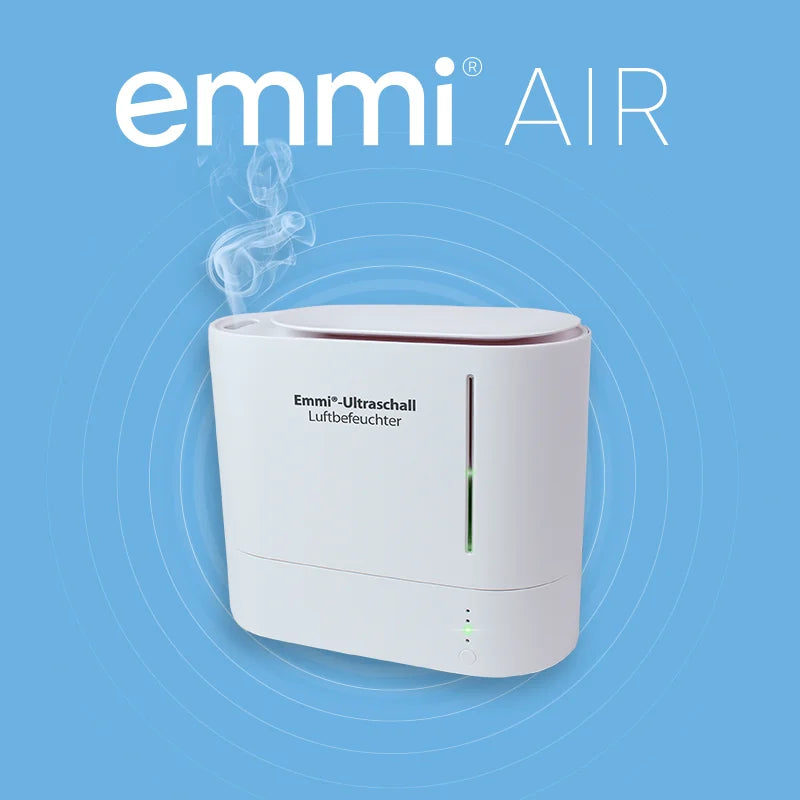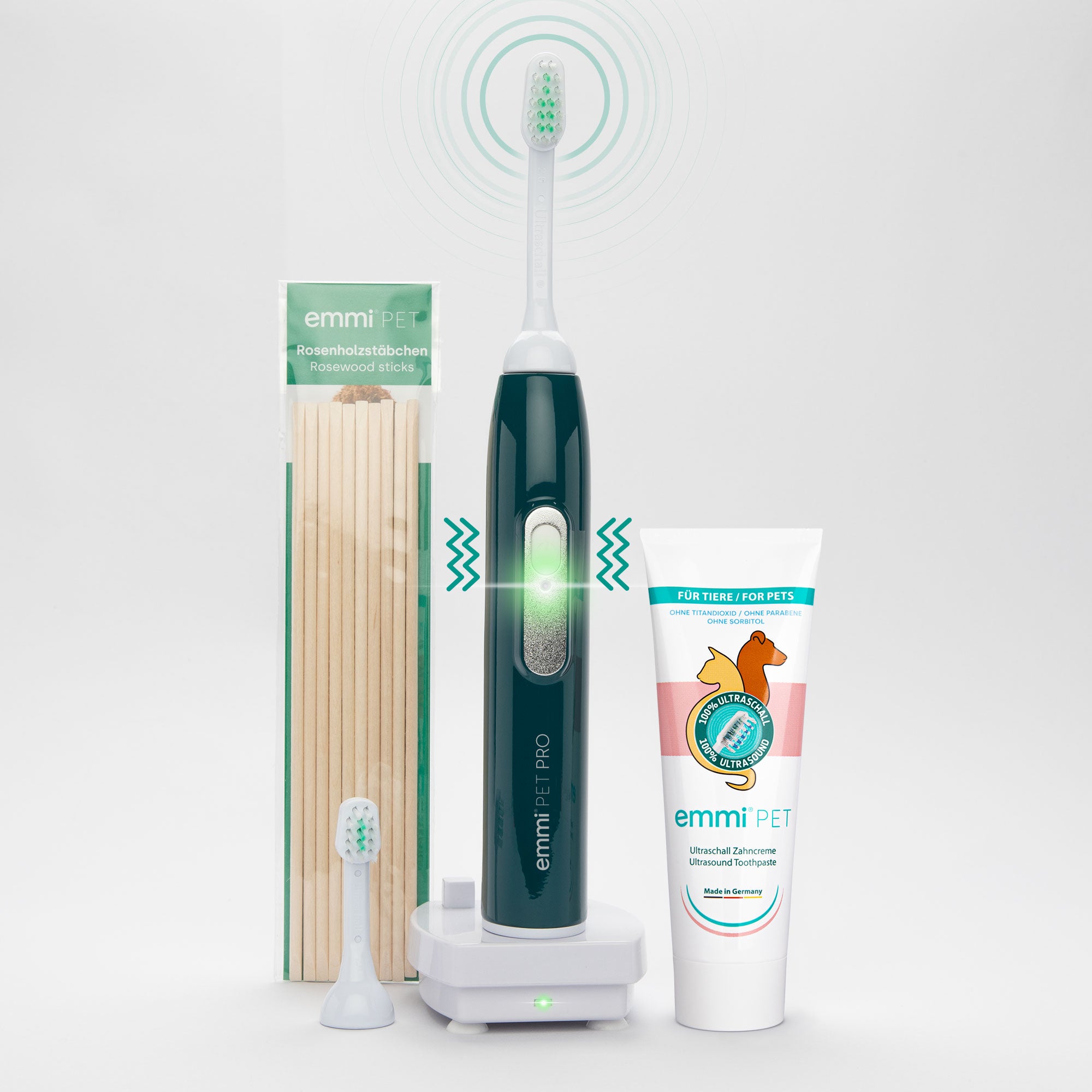Allergies in cats
Recognize and treat cat allergies!
Cats can suffer from allergies more often than you think. Allergies in cats are therefore not uncommon. Similar to humans, allergy symptoms in cats manifest themselves through intense itching and resulting inflammation. There are many triggers for an allergy in your cat. However, the most common triggers include improper food and certain environmental influences. If you notice allergic symptoms in your cat, we recommend that you consult your veterinarian immediately. In today's blog post, we explain why you should always have allergies checked by a veterinarian and what options there are for symptom relief.
How do allergies manifest themselves in cats?
Signs of an allergy in your cat!
Allergies in cats can appear suddenly. Even if your cat hasn't shown any symptoms for many years, an allergy can develop suddenly. Furthermore, there are also cats who react to certain substances, foods, or environmental influences from an early age. In these cases, a congenital predisposition can lead to an allergy. Some allergies persist for life, while others disappear. The duration and severity cannot be predicted.
Allergies in cats mean that the immune system is overreacting. Everyday substances or environmental influences can trigger such overreactions, sometimes with severe symptoms. When absorbed through the skin, allergies can lead to skin problems. The most common symptoms include:
- Itching accompanied by severe scratching and licking
- Skin inflammation
- Bald patches in the fur
- Compulsive cleaning
- Digestive disorders such as vomiting or diarrhea
- Inflammation of paws and ears
- Visible raising and lowering of the flanks, breathing with open mouth
- Asthma and even shortness of breath
In many cases, cats don't react to just one allergen. This is referred to as cross-allergies. Pollen allergies often also cause dust mite allergies. To determine what your cat is allergic to, a visit to the vet is essential.
What causes allergies in cats?
In fact, anything that blooms and flies can cause allergic reactions!
Whether it's a component of cat food such as protein or grains or environmental influences, allergens are everywhere in our everyday lives. The most common allergens in cats include:
- Parasites such as mites and fleas
- mold spores
- house dust
- Plant pollen from weeds, grasses, flowers and even trees
- insect bites
- Creams and shampoos
- Flea medication (antiparasitics)
- Fragrances (detergents for blankets, cat beds, cat litter, etc.)
Cat allergy: What you can do
Observe, investigate the cause, consult a veterinarian – and alleviate the symptoms!
By observing your cat and its habits, investigating the causes, and discussing them with your veterinarian, you've already helped your cat tremendously. Pay attention to when symptoms appear. If your cat exhibits an allergic reaction immediately after using the litter box, the allergy is likely related to the litter. If allergic reactions occur after eating, this could indicate a food intolerance.
You should share your observations with your veterinarian. They will order appropriate tests and examinations and advise you. To relieve the itching that often accompanies allergies, we recommend our emmi®-pet Skin Care Set . You can use our skin care set to rid your cat of harmful bacteria from scratched areas of the fur, ears, or paws. Our specially formulated emmi®-pet hydrogel gently cleanses your cat's wound and, in combination with state-of-the-art ultrasound technology, delivers its full spectrum of effectiveness.


















